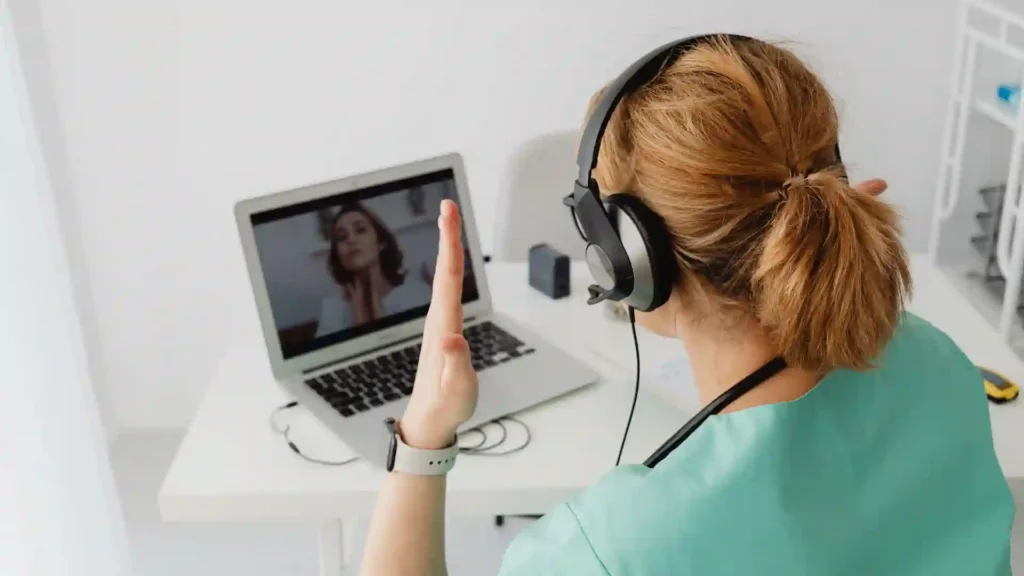Generalized Anxiety Disorder is more than everyday stress or worry. It’s a state of tension that persists and can interfere with routine, work, and relationships. Through compassionate care, however, people with Generalized Anxiety Disorder can find help regaining calm, clarity, and confidence in daily life.

What is Generalized Anxiety Disorder (GAD)?
GAD is a chronic anxiety disorder marked by excessive and hard-to-control worry about various aspects of life. Unlike normal stress, the worry experienced by persons with Generalized Anxiety Disorder is persistent and often disproportionate to the actual situation.
Common Symptoms of Generalized Anxiety Disorder (GAD)
- Restlessness or constantly feeling on edge
- Muscle tension
- Irritability
- Fatigue or difficulty sleeping
- Trouble concentrating
- Ongoing, excessive worry
Risk factors may include family history of anxiety, chronic stress, or co-occurring mental health conditions.
Treatment Options for Generalized Anxiety Disorder
Treatment for GAD often involves:
- Medication (such as SSRIs or other prescribed options)
- Supportive or cognitive-based therapy techniques to reshape anxious thought patterns
- Lifestyle adjustments like sleep regulation, relaxation strategies, and exercise
At Reverent Health Psychiatry, we integrate these treatment approaches online, making it easier to manage anxiety without the stress of in-person visits.
How Reverent Health Psychiatry Can Help
Our providers understand the weight of living with constant worry and fear. To assist, we offer the following through telehealth:
- Medication management tailored to your specific symptoms.
- Brief supportive therapy to help you identify triggers and build coping strategies.
- Referrals for comprehensive therapy when ongoing counseling is needed.
- Collaborative, nonjudgmental care where you are an active partner in your healing journey.
We also use trauma-informed and culturally sensitive practices to ensure care feels safe and supportive. You can learn more about our approaches and specialized programs here.

